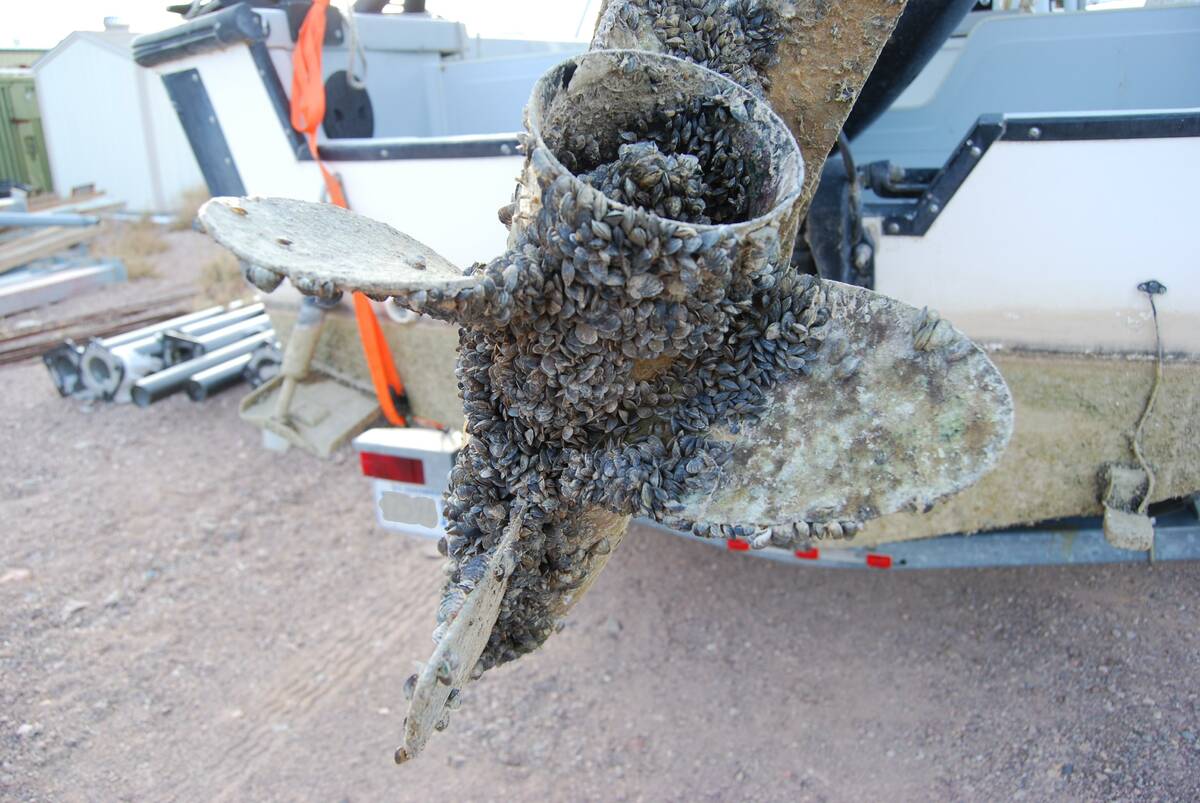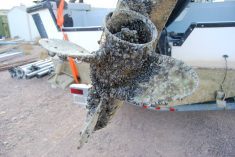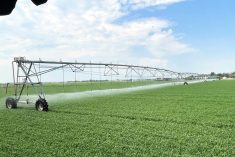They don’t share the same view of trade liberalization but the heads of Alberta’s five supply-managed commodities say they are pleased with provincial government’s willingness to support their sector.
“We’re always concerned about trade,” Alberta Milk Producers general manager Mike Southwood said after a recent meeting with provincial officials.
“But we feel very confident that government is doing all they can to protect supply management.”
The two sides agree to disagree on trade fundamentals, says Peter Kuperis, branch head with Alberta Agriculture’s Domestic and International Trade Policy Branch.
Read Also

Invasive species council lending a helping hand to Alberta agricultural producers
Alberta Invasive Species Council unveils the huge economic effect of keeping invasive species unchecked to agricultural production in the province.
Because the majority of Alberta’s agriculture industry is export focused, the Alberta government favours trade liberalization, as does the federal government.
“Our farmers produce far more than we can consume domestically and need competitive access to global markets,” said Kuperis. “Given the overwhelming export orientation of Alberta’s agriculture industry, we support the negotiating of ambitious trade agreements and the removal of all unnecessary trade barriers.”
Supply-managed groups, including Alberta milk, chicken, turkey, egg and hatching egg producers (collectively known as the SM5), disagree. Focused primarily on the domestic market and shielded by high tariffs, those groups argue supply management doesn’t negatively affect any other commodity groups, and puts a greater percentage of each consumer dollar into a SM5 producer’s pocket.
“Philosophically you’re either a free trader or you’re not,” said Southwood. “We can provide clear evidence, including examples in Australia and New Zealand, where the consumer price has not changed, but the return to the producer has been negatively impacted when supply management is removed.”
The supply-managed sectors are monitoring current trade negotiations, particularly the World Trade Organization talks and discussions to establish a Canada-Europe Trade Agreement.
“Trade negotiations are a matter of give and take and sometimes this leads to pressure on Canada to reduce our tariffs on supply-managed products in return for access to other markets for, say, beef and canola,” said Kuperis. “This playing of agriculture interests against each other is usually unproductive and Canada tries to avoid this situation.”
Everyone protects
Southwood said Canada is not unique in wanting to protect certain sectors, whether that’s cotton and peanuts in the U.S. or rice in Japan.
“Every country in the world has some sensitive product,” he said. “It’s a moot point in our opinion. We just want to be defined as a sensitive product.”
Supply management groups are also concerned about provincial agreements. Ratification is currently underway on the Western Partnership Agreement between Canada’s three western-most provinces, the new version of B.C. and Alberta’s Trade, Investment and Labour Mobility Agreement. The SM5 sectors sought assurance that certain supply management restrictions, such as a spread of producers across provinces, would be maintained, and “how supply management will be protected under the new provincial agreement,” said Southwood.
The SM5 also sought clarification on changes made in late 2009 to the Canada-wide Agreement on Internal Trade. One allows individuals or companies to challenge industry regulations where, in the past, only governments were able to do so. For example, Ontario removed its rule regulating the minimum amount of butterfat necessary in butter-substitute spreads, after Alberta challenged Ontario’s regulations on behalf of a margarine producer. Under the new rules, the margarine producer would be able to challenge Ontario directly, opening the potential of far more challenges.
“I hope we’ll never see individual challenges,” said Southwood. “I hope we have policies and processes in place that ensure challenges can’t be frivolous. It’s definitely a concern for us. How far it goes is always a concern.”
Both Alberta Agriculture and the SM5 called their recent meeting “information sharing” rather than lobbying.
“The more opportunities we have to bridge relationships, well, it goes a long way to cultivating trust and ensuring our key messages are heard,” said Karen Kirkwood, general manager of the Alberta Chicken Producers.
“We walked away from that meeting as well as previous meetings with the feeling that any concerns we had were expressed. We had the opportunity to provide input and we felt that our concerns were heard by the provincial government.”
Relations are good at the federal level as well, said Southwood. Supply- managed commodities “feel that we have (the Conservative party’s) support, and they reaffirmed it on the campaign trail. We were very pleased with Minister (Gerry) Ritz getting reappointed as minister of agriculture. He’s been very supportive of supply management. As he says, supply management is more of an issue within Canada than outside.”














